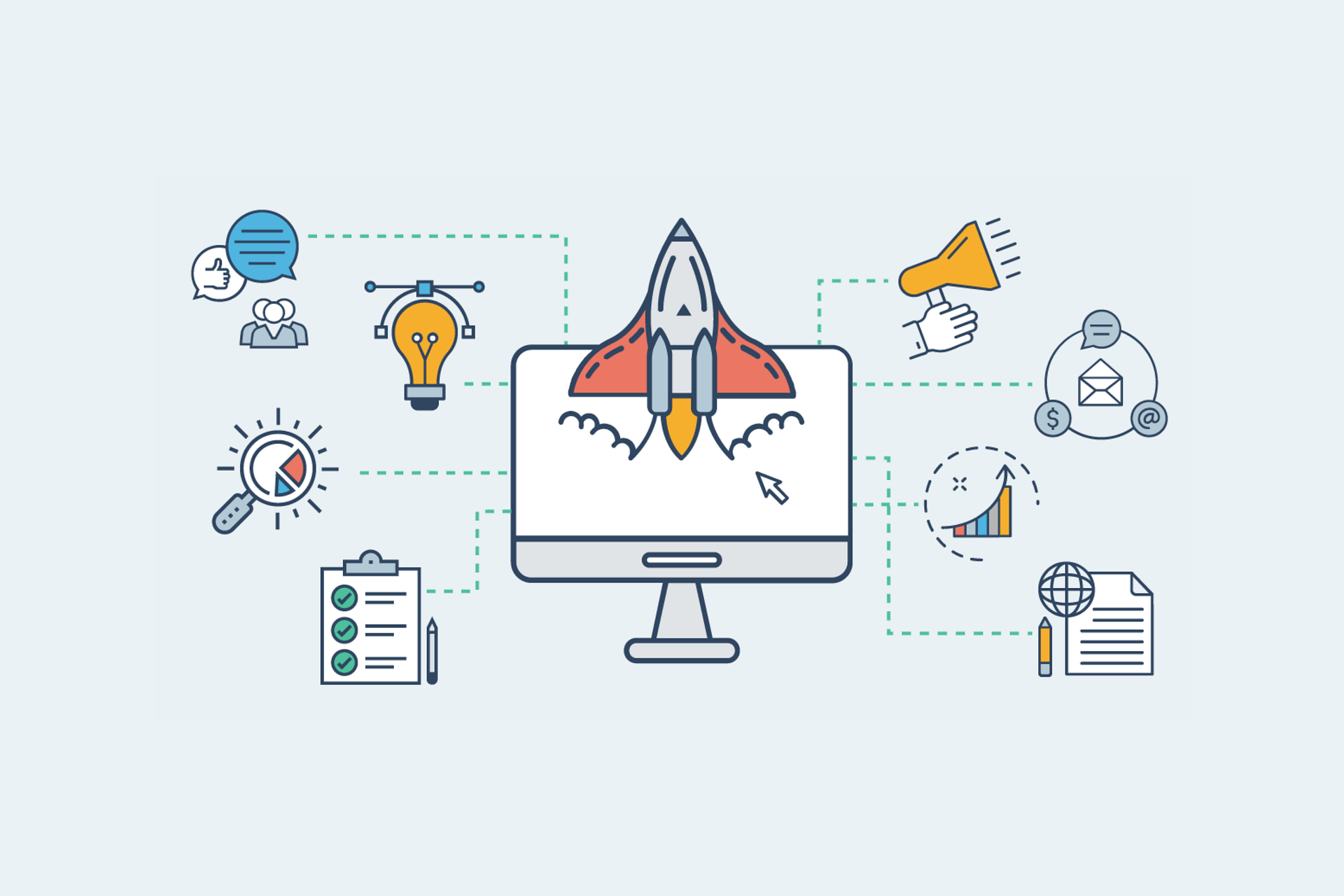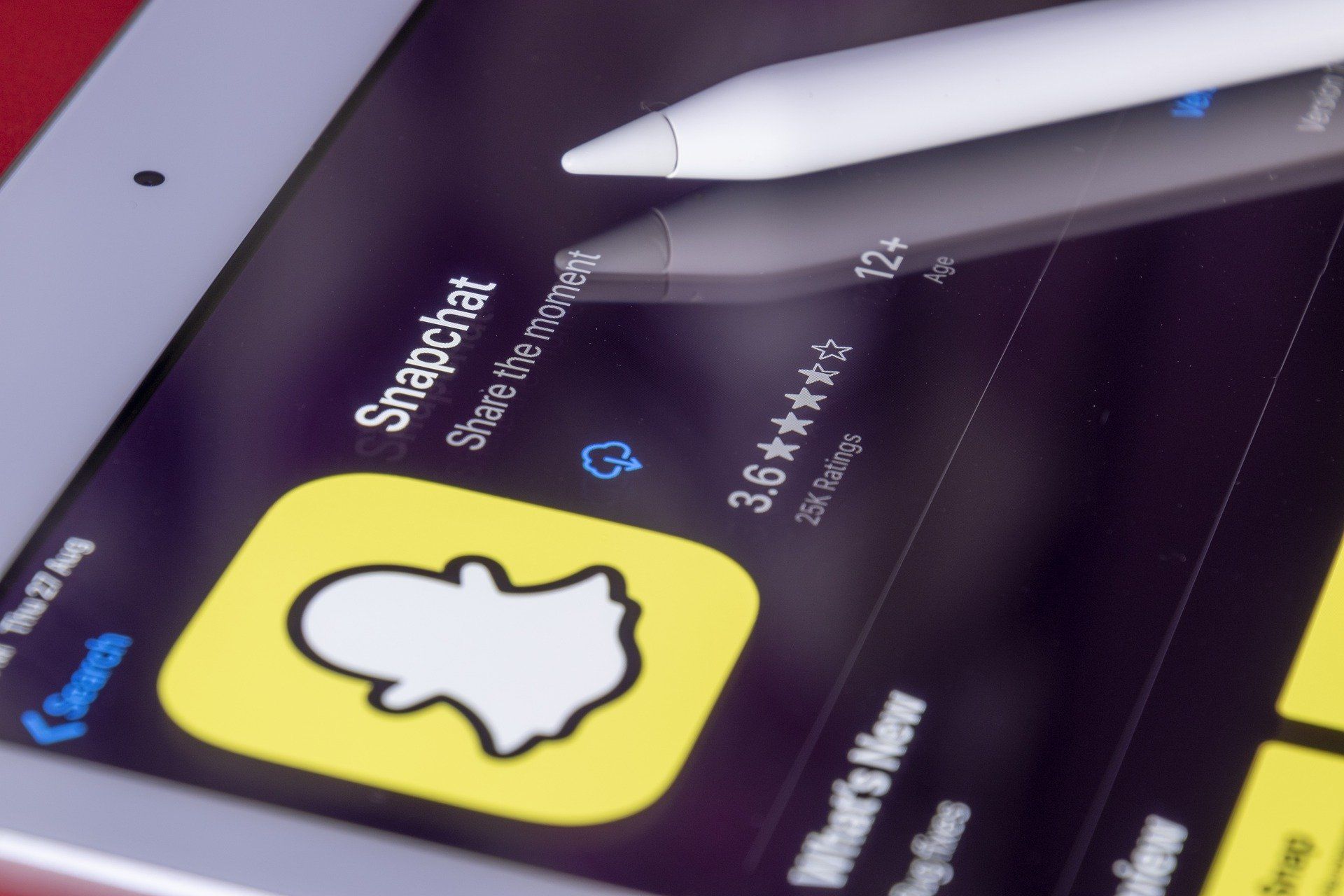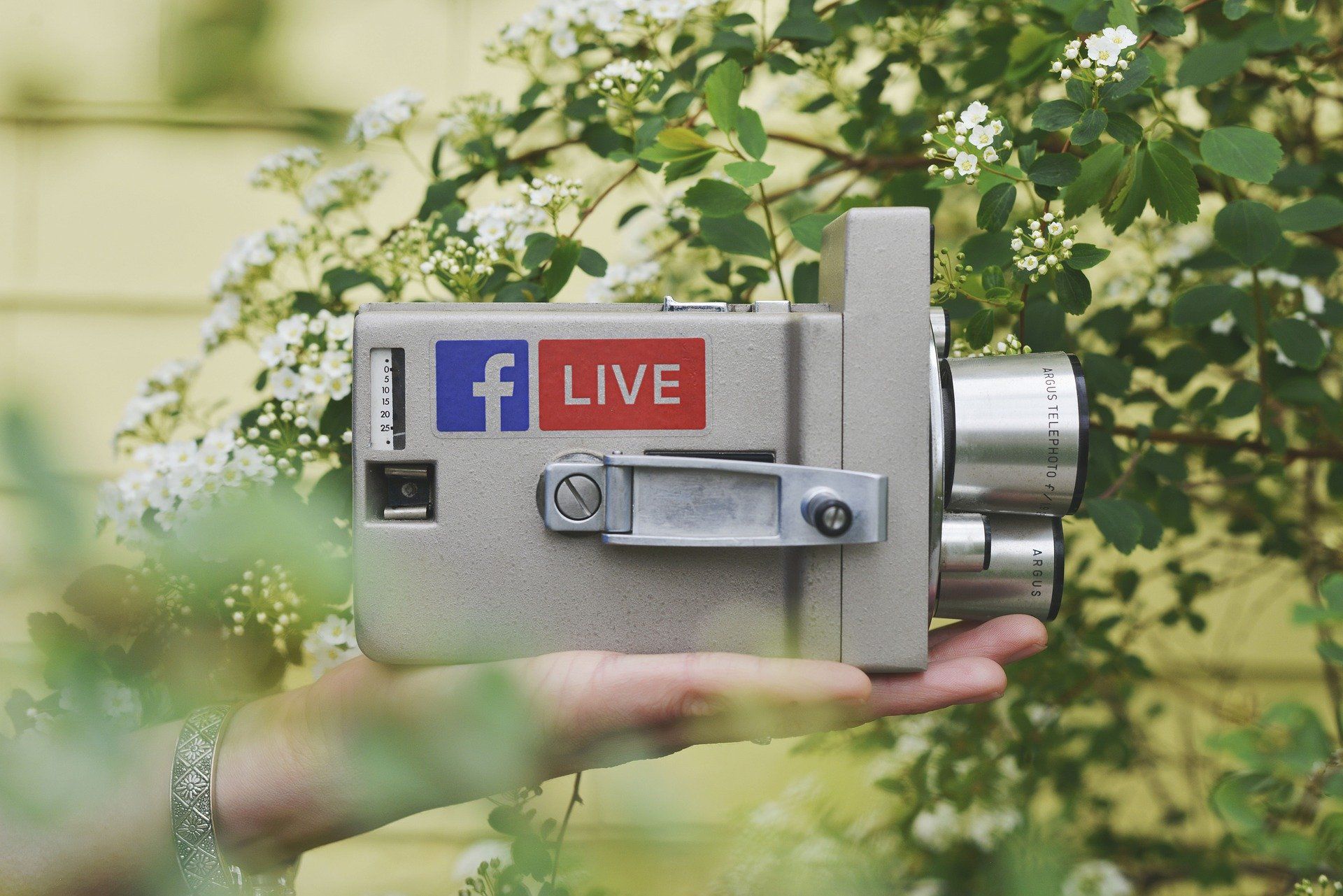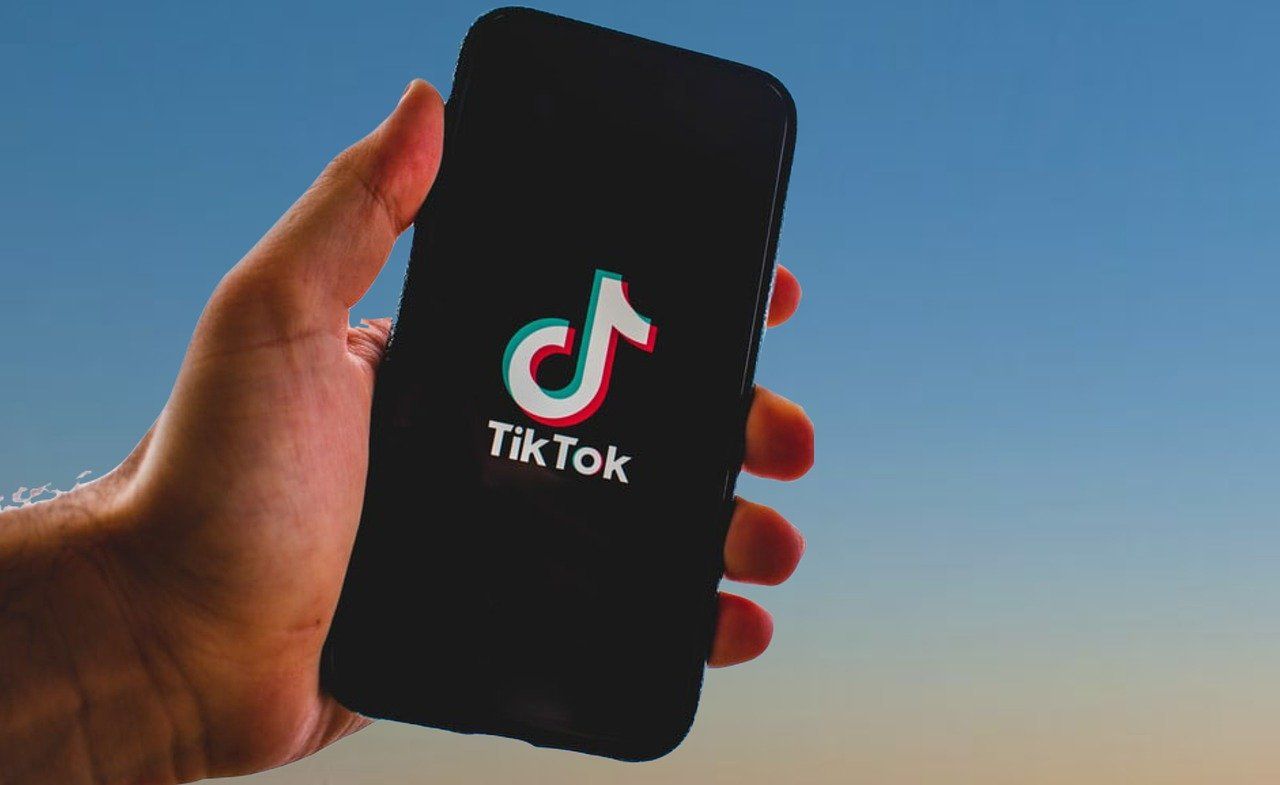How long does SEO take to start working?
Working in a digital agency, there is perhaps no question we get asked more than, “How long will it take me to be number one for all of my keywords?”
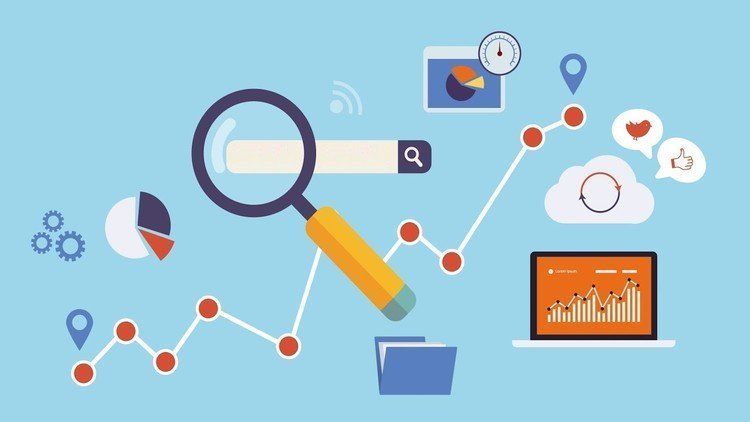
The answer is far from simple, and honestly the question itself is a part of the problem. I’ll explain why.
Back in the day, a typical SEO strategy involved pinpointing keywords that were the most important to your business and got your website the most traffic. That means you’d figure out about 10 or so keywords that were your “hot ticket keywords” and would bring in the most traffic.
When someone comes to us and says “I only care about this one keyword and I need to be number one for it,” We can tell that they’re stuck in the good ol’ days of "black hat" SEO. That keyword strategy doesn’t work anymore. If you’re focusing on a small group of general, popular keywords, you’re probably not being found by the majority of people searching for you.
Today's SEO is driven much more by natural language search, meaning people are performing searches that are more like normal questions than just a few keywords. A lot of this is due to people using voice recognition tools like Siri to perform their searches. People are also using more detail in their searches to find what they’re looking for more quickly. These keywords, called “long tail keywords,” are much easier to rank well for because they are not as competitive. Traffic for these keywords will also convert at a higher rate because the people performing these searches know exactly what they want.
When it comes to ranking, you don’t want to rank for a few top keywords. Instead, you want to focus on a larger number of long-tail keywords that are growing and changing.
The Real Question You Should Be Asking Your Agency Is…
“How long is it going to take for my SEO strategy to start getting me a return?”
and the answer is…..
We don’t know for sure, and…it depends. That’s a little frustrating isn’t it? But it’s the truth. There are multiple factors that influence how quickly your SEO strategy starts working. It can depend on how long you've had your domain, whether or not other SEO work has been done, how much content is housed on your site, and a number of other things. For more ranking factors, click here.
Most agencies will tell you that it can take up to 6 months to start seeing results. While that is mostly accurate, keep in mind that this is when you might start seeing results. SEO results will grow and fluctuate over time. At some point you’ll also see your results level off. At that point you’re probably trying to maintain results, rather than increase them.
So before you decide that you’re not getting the results to justify your SEO costs, give it a little more time. If you can’t budget for 6 months or more of SEO, you might be better off putting your budget somewhere else.
SEO is a long term marketing tactic, and should never be seen as a way to generate sales quickly or jumpstart a business. However, if you enter the SEO world wisely and make the proper long term investment, it’s a tactic with one of the best ROIs you’ll find.
